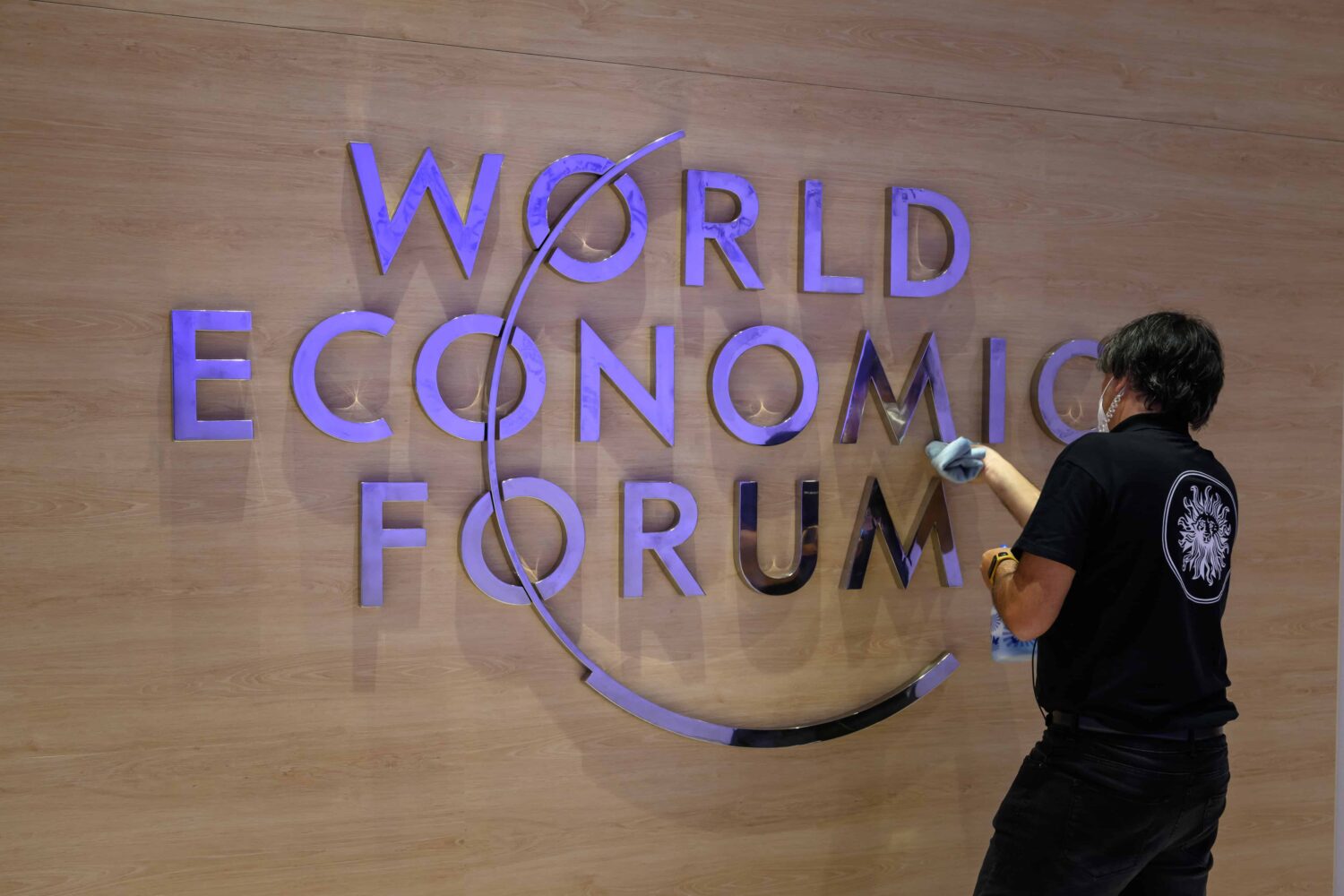GENEVA, SWITZERLAND– The current energy crisis is driving inflation, slowing economic growth, creating social turmoil and the world should not add to this crisis by actions which derail the energy transition, a World Economic Forum (WEF) report says.
The report said that steps such as increasing production of electricity from coal or broad-based consumption subsidies, risk derailing energy transition.
The report, Securing the Energy Transition, published Thursday, proposes a framework to make security and resilience the backbone of a transitioning energy system.
It proposes actions to align current interventions to address the energy crisis with long term energy transition goals.
“The crisis has brought energy security to the forefront of political and corporate agendas and prompted the need to develop responses that are adapted to how the energy system has evolved and to where it needs to transition,” said Roberto Bocca, Head of Shaping the Future of Energy, Materials and Infrastructure, World Economic Forum.
The report proposes a comprehensive framework for a secure energy system to guide countries and policy-makers to plan policies and regulations.
“The energy crisis impacts us all and the world cannot afford short-term fixes to the energy crisis which could increase future risks to both the climate and energy equity,” said Espen Mehlum, Head of Energy, Material and Infrastructure Program, World Economic Forum.
The report proposes actions organized under key themes like – supply reinforcements, demand management, fiscal measures and investments, and coordination and long-term strategy.
Addressing the energy crisis in a sustainable manner will need collaboration between governments, companies, international organizations and individual consumers.







